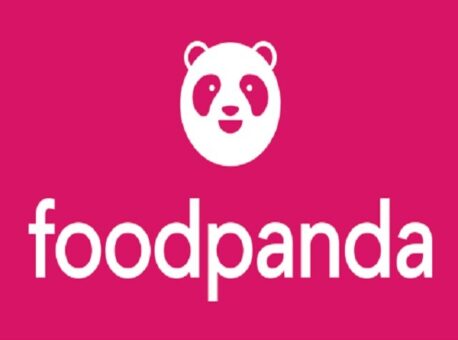ATTOCK: Prime Minister Imran Khan on Friday directed the law minister to pursue the cases against sugar mills on urgent basis for the benefit of general public and for addressing price hike of the commodity.
To address the ongoing sugar crisis, Prime Minister Imran Khan on Friday directed the law minister to urgently get vacated various stay orders obtained by the sugar mill owners from courts against the government.
Addressing a public gathering after the foundation-laying of a 200-bed mother and child hospital, the prime minister said closure of sugarcane crushing by three sugar mills in Sindh and the subsequent hoarding was the reason behind the current spike in sugar prices.
The sugar price soared as wholesale rate touched Rs150 per kilogram in most parts of the country and retail rate up to Rs160kg.
Imran Khan said the sugar mills had attained stay orders against the fine imposed by the Competition Commission of Pakistan.
Also, the other stay order was against Federal Board of Revenue (FBR) in line with its action on tax evasion and the ‘off-the-books’ activity of sugar mills.
On overall inflation, he said Pakistan was bearing the impact of global price hike of commodities, mainly due to shortage of supplies in the wake of pandemic.
He said the sharp increase in global petroleum prices from $45 to $85 dollar greatly affected Pakistan as the country relied on imports of several items, including petrol, palm oil, and pulses.
Despite such a situation, he said, Pakistan had the lowest rate of petroleum at Rs 146 per litre among importing countries compared with India at Rs 250 and Bangladesh at Rs 200 per litre.
Imran Khan hoped that as the world businesses open up after decline in pandemic following the coming winters, things would improve.
To reduce the financial impact on poor, he said the government had recently provided food subsidies to 130 million people across the country through Ehsaas programme.
He mentioned that other socio-welfare initiatives such as Kamyab Pakistan would provide interest-free loans to two million households for house building, start-ups, and skills training. Also, the Kamyab Jawan is providing loans to youth across the country, he added.
The prime minister said establishment of five mother and child hospitals in two years would ensure provision of health facilities to women on health issues related to gynecology and obstetrics.
He said it was shameful that due to the apathy of previous governments, a rise in deaths of women during pregnancy was recorded in the wake of non-availability of medical facilities.
He said by March, all households of Punjab would get health insurance of Rs 0.7 to one million for their medical treatment.
He termed the health card a proper system where the private sector would also be encouraged to establish hospitals in rural areas so as to expand the network of healthcare facilities.
Imran Khan said the priority of his government in its tenure was to uplift the people and provinces that lagged behind in development.
On completion of five years, he said, his biggest success would be to bring a positive change in the lives of common man.
He regretted that Pakistan in the past suffered the rule of two political families in 30 years that incurred a huge loss to national exchequer.
The prime minister mentioned that under his government, the country for the first time was witnessing an era of long-term planning besides the boom in industrial growth, exports and historic foreign remittances.
Chief Minister Punjab Usman Buzdar said the mother and child hospital in Attock would provide quality healthcare facilities to two million residents, particularly women, of the Attock district and in the suburbs.
He said the Punjab government would complete the 200-bed hospital equipped with modern facilities in two years at a total cost of Rs 5.3 billion. The federal government has already released Rs 2.66 billion to Punjab for the project.
He said establishment of 21 different universities in the province was also under consideration.
Punjab Health Minister Dr Yasmin Rashid said the mother and child hospitals would help the women get timely medical advice and treatment.
She said after 50 years, the second phase of Nishtar Hospital would be constructed in Multan to meet the medical needs of the growing population.


